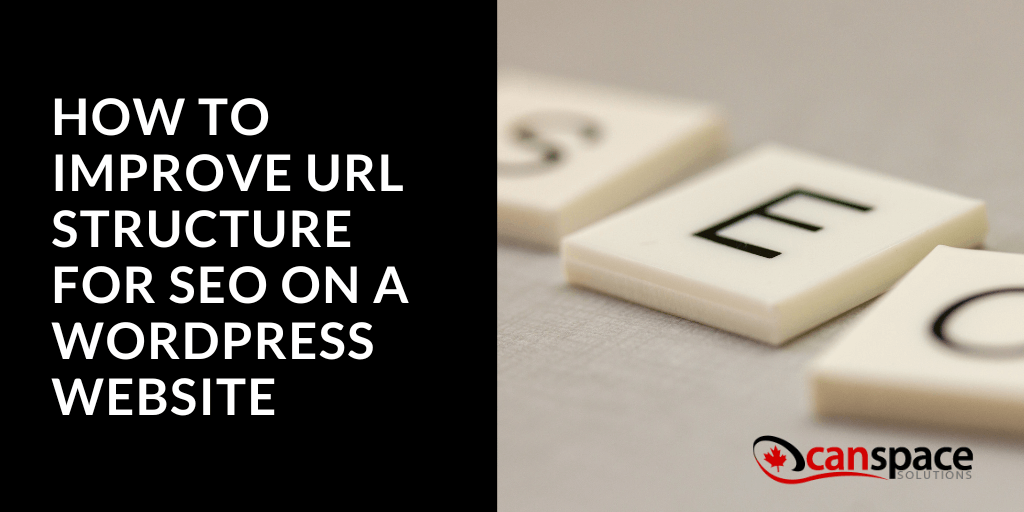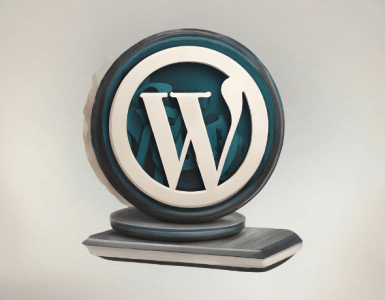Your URL structure can be important for both your users and search engines. Creating a well thought out structure can help make your website more user friendly and improve your SEO. In this article, we’ll go over some tips on how to create a good URL structure for your WordPress website.
How URLs work for SEO
URLs are one of the many factors that search engines use to rank your website. A good URL structure can help your website rank higher in search results. Here are a few things to keep in mind when creating your URL structure:
Use keywords in your URLs: including relevant keywords in your URLs can help your website rank higher for those keywords.
Keep it short and simple: long and complicated URLs can be difficult for users to remember and can hurt your SEO. Try to keep your URLs short and sweet.
Use hyphens to separate words: using hyphens to separate words in your URL makes it easier for search engines to read and index your website.

URL Best Practices for SEO
Now that we’ve gone over how URLs work for SEO, let’s take a look at some best practices for creating URLs that will help your website rank higher in search results.
1. Use keywords in your URL: as we mentioned before, using relevant keywords in your URL can help your website rank higher for those keywords. Try to include one or two keywords in your URL that are relevant to the page’s content.
2. Keep it short and simple: like we said before, long and complicated URLs can be difficult for users to remember and can hurt your SEO. Try to keep your URLs short and sweet.
3. Use hyphens to separate words: using hyphens to separate words in your URL makes it easier for search engines to read and index your website.
4. Use canonical URLs: a canonical URL is the preferred version of a web page. By specifying a canonical URL, you’re telling search engines which version of the page they should index. This is important because if there are multiple versions of a page (for example, if the same content is accessible at both www.example.com and example.com), search engines could index both versions, which could hurt your SEO.
5. Use lowercase letters: using lowercase letters in your URL can help improve your website’s readability and make it easier for search engines to index your site.
URL Practices that Could Hurt Your SEO
There are a few URL practices that could hurt your website’s SEO. Here are a few things to avoid when creating your URL structure:
1. Don’t use excessive keywords: using too many keywords in your URL can actually hurt your website’s SEO. This is because it can come across as spammy to search engines and users.
2. Don’t use session IDs: session IDs are often used to track user data, but they can also hurt your website’s SEO. Search engines may view pages with session IDs as duplicate content, which could hurt your rankings.
3. Don’t use special characters: using special characters in your URL (such as &, ?, #, $, etc.) can make it difficult for search engines to index your website.
Creating a well-thought-out URL structure can be important for both your users and your website’s SEO. Following the tips in this article will help you create URLs that are user friendly and rank higher in search results!










